What were the common childhood experiences of 700 eminent adults? Among things, they disliked school; their families valued education; they had strong mothers; and they grew up feeling “different” from others. This exciting update of the 1964 classic includes information from “Three Hundred Eminent Personalities” (1978), as well as from new biographies published in the last six years. Key findings include:
– Most had at least one ambitious parent who was striving and driving.
– Their parents were highly opinionated
– Their parents often held unconventional opinions that were shocking, even antagonistic, to others.
– Many of the parents—especially mothers—dominated their children’s lives.
– As children, few liked school, and still fewer liked their teachers.
– Nearly all showed the characteristics used today to identify gifted children.
Readers are challenged to consider what factors will foster eminence in today’s world of mass media and technological change.
For those not familiar with this work in its original form, a quick overview is in order. First published in 1964, Cradles of Eminence is a synthesis of the childhood experiences of more than 400 individuals deemed eminent by the authors, Victor and Mildred George Goertzel. Given that eminence–not synonomous with gifted–is a subjective concept, the authors selected individuals who lived in the 20th Century and had at least two published biographies available at the public library in Montclair, New Jersey. Upon completion of their list, both authors spent countless hours reading volumes about each eminent person, looking for specific experiential patterns in their childhoods.
The second edition contains a complete reprint of the original text expanded by a concluding chapter, written by the son of the original authors, Ted George Goertzel, and his co-author, Ariel M. W. Hansen. This chapter provides information about an additional 199 individuals who have had at least two biographies written about them since 1995. Individuals highlighted in the update include George W. Bush, Hillary Clinton, Tiger Woods and others who have garnered much attention in the recent past. Goertzel provides an eloquent description about the process he used to determine who would be included in the update.
What both the original and current authors discovered is nothing short of amazing. Because my intention is not to spoil the journey for you, I can only say that the winnowing process produced intriguing, and often surprising, revelations about the childhood experiences of eminent people. If that doesn’t pique your curiosity, perhaps a quick perusal of the chapter titles will inspire you to put this book on your must-read list:
Chapter One: Homes that Respect Learning and Achievement
Chapter Two: Opinionated Parents
Chapter Three: Failure-Prone Fathers
Chapter Four: Dominating Mothers, but Few Dominating Fathers
Chapter Five: “Smothering” Mothers
Chapter Six: Troubled Homes
Chapter Seven: Not-so-Troubled Homes
Chapter Eight: Children with Handicaps
Chapter Nine: Early Agonies
Chapter Ten: Dislike of School and Schoolteachers
Chapter Eleven: “Out of the Cradle Endlessly Rocking”
Chapter Twelve: Cradles of Eminence Today
The book has many strengths. The magnitude of the research, coupled with the authors’ sensitivity to objectively presenting the facts, make this a very readable volume. This is not a “how-to” book, and the authors’ caution against overgeneralizing their findings. Just as there is no typical gifted child, there is no direct path to eminence. Many readers likely will come to this work with concerns that it is a volume indicating that gifted young people must be achievers. They will be comforted to know that this is not the book’s purpose.
This book is about real people and how they have been affected by a variety of situations. It’s about the choices they made. It’s about parenting. It’s about education. It’s about singularity of purpose in the face of adversity. It’s about inspiration. Those who come to this work with an open mind will find it intriguing. Those who come with predisposed notions about “gifted” and are apt to over generalize their own experience or that of their children or students, may find it alarming, or at the least contradictory. It’s a conceptual work that is at times horrifying, but always engaging.
Victor Goertzel, a psychologist specializing in psychotherapy, was past president of the National Association for Gifted Children. Mildred George Goertzel directed a school for emotionally disturbed children. Ted George Goertzel is a professor and former chairperson in the sociology department at Rutgers University in Camden, NJ. Ariel Hansen is a recent graduate from Haverford College and works in the field of science journalism.

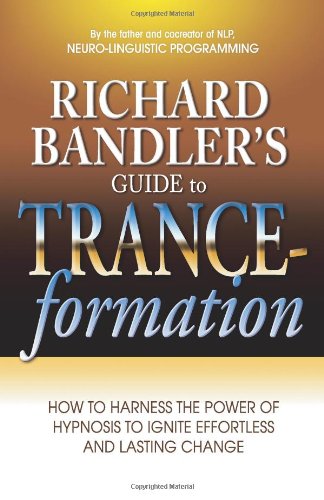
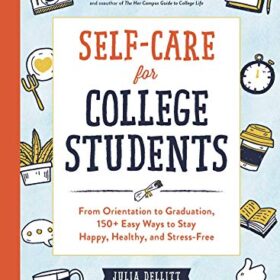
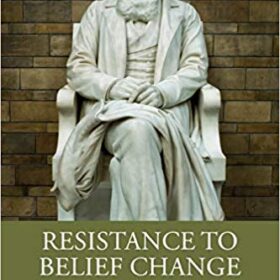


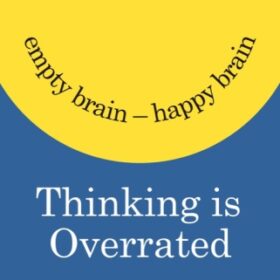
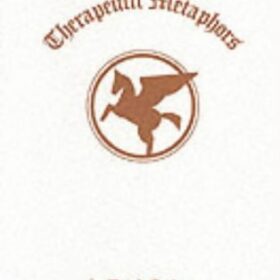

Reviews
There are no reviews yet.